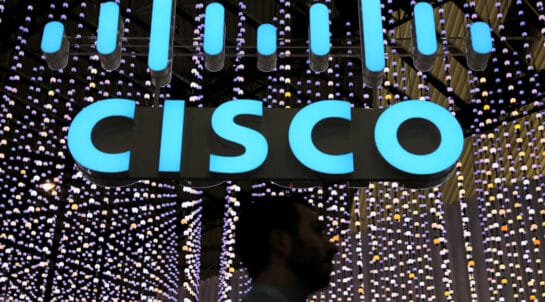

China lança o primeiro atlas geológico lunar de alta definição do mundo: uma ferramenta revolucionária para pesquisa e exploração espacial
23 de abril de 2024 —
Noel Budeguer

Gigante Cisco oferece muitas vagas em cursos online (EAD) gratuitos de tecnologia, com certificado e sem processo seletivo. Não há limite de vagas!
23 de abril de 2024 —
Roberta Souza

Senai: 90 mil vagas de nível FUNDAMENTAL em cursos 100% gratuitos, sem processo seletivo e com certificação garantida!
23 de abril de 2024 —
Roberta Souza














